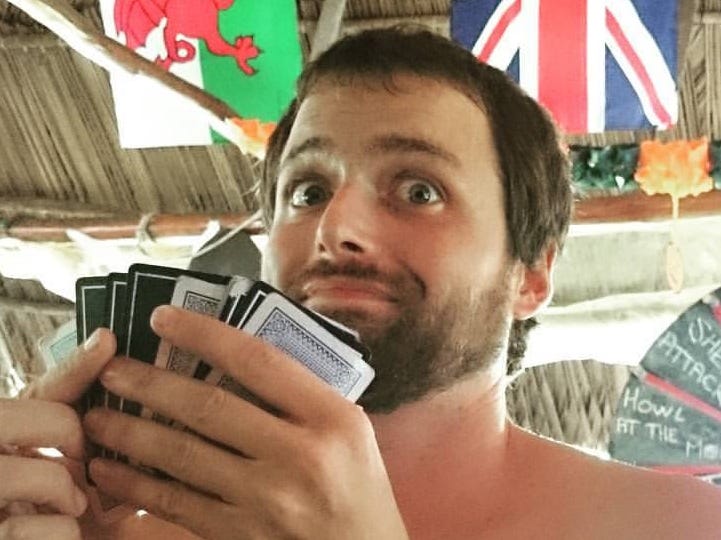Nearly 600 Americans Missing in Mexico
Police corruption, bureaucracy complicate hunt for missing Americans as cartels fume over bad publicity from kidnappings
On July 22, 2016, Frederick Henry Bell Mix IV, a 32-year-old American living in Mexico’s Caribbean resort town of Puerto Morelos, called his mother in Savannah, Georgia, to ask her to send him a new bank card and cell phone. After a short conversation, he rang off, saying he'd call again as usual in a few days.

That was the last time Mix’s mother ever heard from him. According to Christeen Mix, her son, an avid scuba diver and fisherman who went by his nickname Beau, never returned to his rented apartment in Puerto Morelos or took delivery of the Fedex package she had sent with the items he requested. Day after day, week after week, Christeen’s calls to Beau and the voicemails she left for him uncharacteristically went unanswered.
Christeen Mix reported Beau’s disappearance to the State Department’s Bureau of Consular Affairs, which handles reports of Americans who’ve gone missing abroad. But neither U.S. consular officials in Mexico nor the FBI could unearth any information on what had happened to him. Family members traveled to Puerto Morelos to distribute missing person flyers with photos of the bearded, hazel-eyed Beau, along with contact information. Meanwhile, Christeen posted Beau’s photos on the website of The Missing Americans Project, which helps families searching for disappeared relatives.
“Please help us find him, share his flyers, ask questions and relay any information back to us.,” her posting pleaded. “All details matter no matter how small.”
After four agonizing months, Christeen told me, she learned that Beau was dead. She wouldn’t talk about who informed her of his death, how he died, or who arranged the return of Beau’s remains to Savannah for burial. “I must, in order to survive, keep that part of this deep, dark hole of heartache and never-ending grief closed,” she wrote in an email. “I hope you can understand and respect my need not to relive any part of that horror.”
But Christeen Mix was not reticent about one key detail of her ordeal that clearly still rankles seven years later: “I will tell you,” she said in an email, “that I did not receive any help from the State Department from start to finish.”



